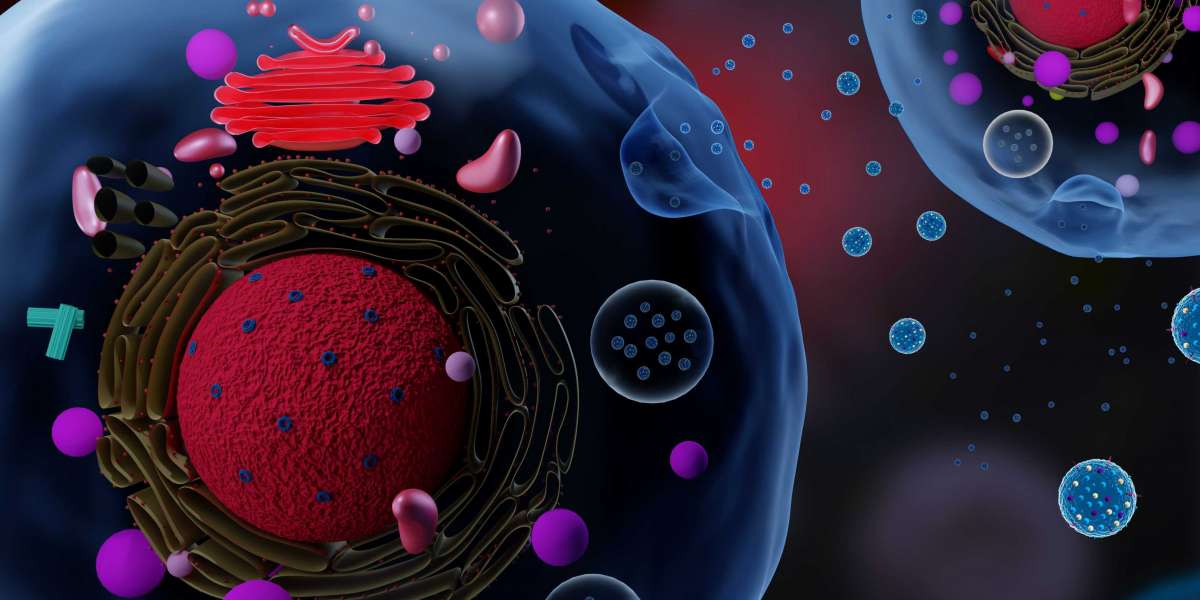Lipids, often simply thought of as fats, play a far more complex and vital role in our bodies than just energy storage. They are fundamental building blocks for cell membranes, crucial for nutrient absorption, and, significantly, the precursors to a powerful class of signaling molecules: steroid hormones. Understanding the deep connection between Lipid Metabolism and these hormones, along with the importance of precise Steroid Hormone Analysis, opens a window into our health, development, and disease.
At its core, Lipid Metabolism encompasses the intricate biochemical processes involved in the synthesis, breakdown, and transport of fatty acids, cholesterol, and other lipid molecules. Cholesterol, often unfairly maligned, is actually the cornerstone of steroid hormone production. Through a series of sophisticated enzymatic reactions, primarily occurring in the adrenal glands and gonads, cholesterol is transformed into a diverse array of steroid hormones. This specific pathway is known as steroidogenesis.
These hormones, including corticosteroids like cortisol (regulating stress and metabolism) and aldosterone (controlling blood pressure), as well as sex hormones such as estrogens, progesterone, and androgens (like testosterone), orchestrate a vast range of physiological functions. They influence everything from growth and development, sexual characteristics, and reproduction to immune responses, mood, and our body's reaction to stress. Given their profound impact, it's clear that any disruption in their production, signaling, or metabolism can have significant health consequences.
This is where the precise science of Steroid Hormone Analysis comes into play. Because steroid hormones are present in relatively low concentrations and often exist as a complex mixture of structurally similar compounds, their accurate identification and quantification require highly sensitive and specific analytical techniques. Advanced methods, such as liquid chromatography-tandem mass spectrometry (LC-MS/MS), are indispensable tools. They allow researchers to:
- Investigate Endocrine Mechanisms: Advanced analysis techniques help researchers study steroid hormone imbalances associated with various conditions, including cortisol dysregulation, reproductive disorders, and adrenal dysfunction in experimental models. These precise analytical methods support foundational understanding of endocrine systems.
- Evaluate Experimental Interventions: In preclinical studies, steroid hormone profiling helps researchers assess the effects of potential therapeutic compounds on hormone pathways, providing crucial data before clinical translation.
- Understand Pathophysiological Mechanisms: Research into the subtle changes in steroid hormone profiles can shed light on the underlying mechanisms of complex diseases, including metabolic syndrome, cardiovascular disease, and neurological disorders.
- Assess Environmental Exposures: Certain environmental chemicals can act as endocrine disruptors, interfering with normal steroid hormone function. Analysis can help identify and quantify exposure and its potential impact in research settings.
The journey from dietary lipids and de novo synthesized cholesterol, through the complex web of Lipid Metabolism to the finely tuned production of steroid hormones, is a testament to the body's elegance. However, when this delicate balance is disturbed, understanding the specific alterations is crucial. Comprehensive Steroid Hormone Analysis provides invaluable insights, enabling targeted interventions and paving the way for personalized medicine.
By dissecting these molecular messages, scientists and healthcare professionals can better navigate the complexities of human health, ultimately improving diagnostic accuracy and therapeutic outcomes. Services dedicated to unraveling steroid hormone biosynthesis pathways and providing robust analytical capabilities are therefore essential in advancing both our fundamental knowledge and clinical practice.
References
- Wudy SA, Schuler G, Sánchez-Guijo A, Hartmann MF. The art of measuring steroids: Principles and practice of current hormonal steroid analysis. Journal of Steroid Biochemistry and Molecular Biology. 2018;179:88-103. doi:10.1016/j.jsbmb.2017.09.003
- Miller WL, Auchus RJ. The molecular biology, biochemistry, and physiology of human steroidogenesis and its disorders. Endocrine Reviews. 2011;32(1):81-151. doi:10.1210/er.2010-0013
- Quinkler M, Bujalska IJ, Tomlinson JW, Smith DM, Stewart PM. Depot-specific prostaglandin synthesis in human adipose tissue: a novel possible mechanism of adipogenesis. Gene. 2006;380(2):137-143. doi:10.1016/j.gene.2006.05.023




